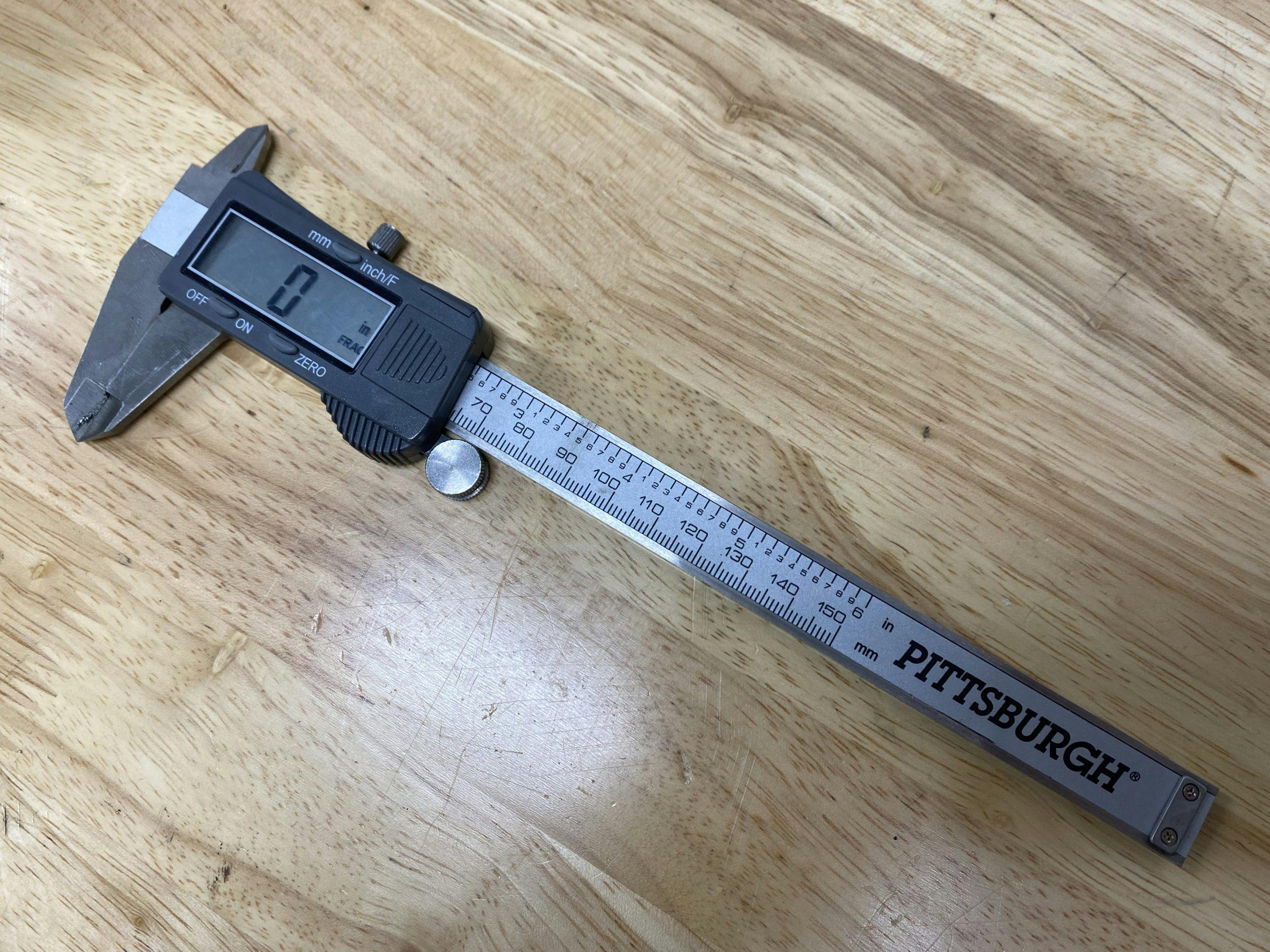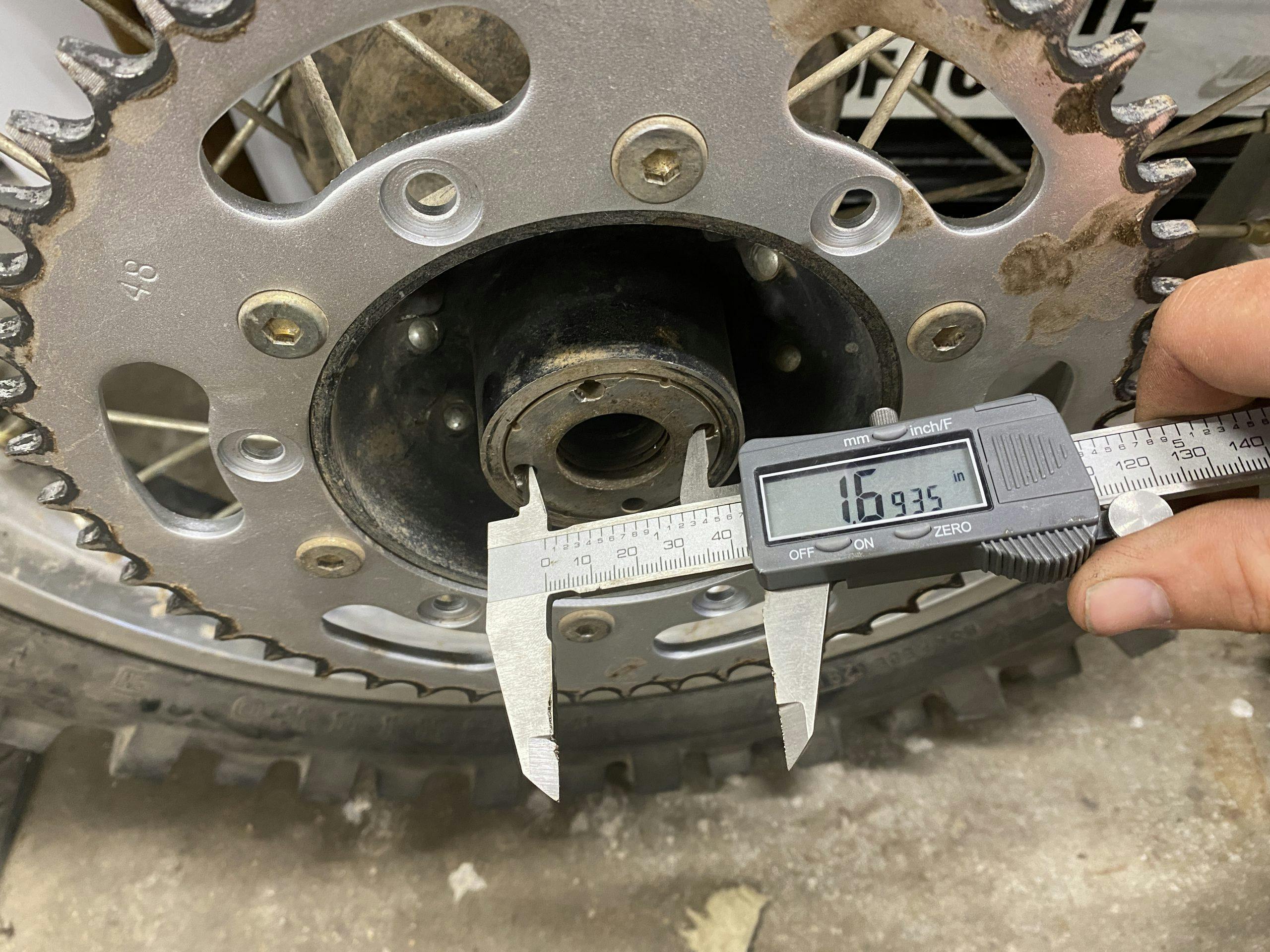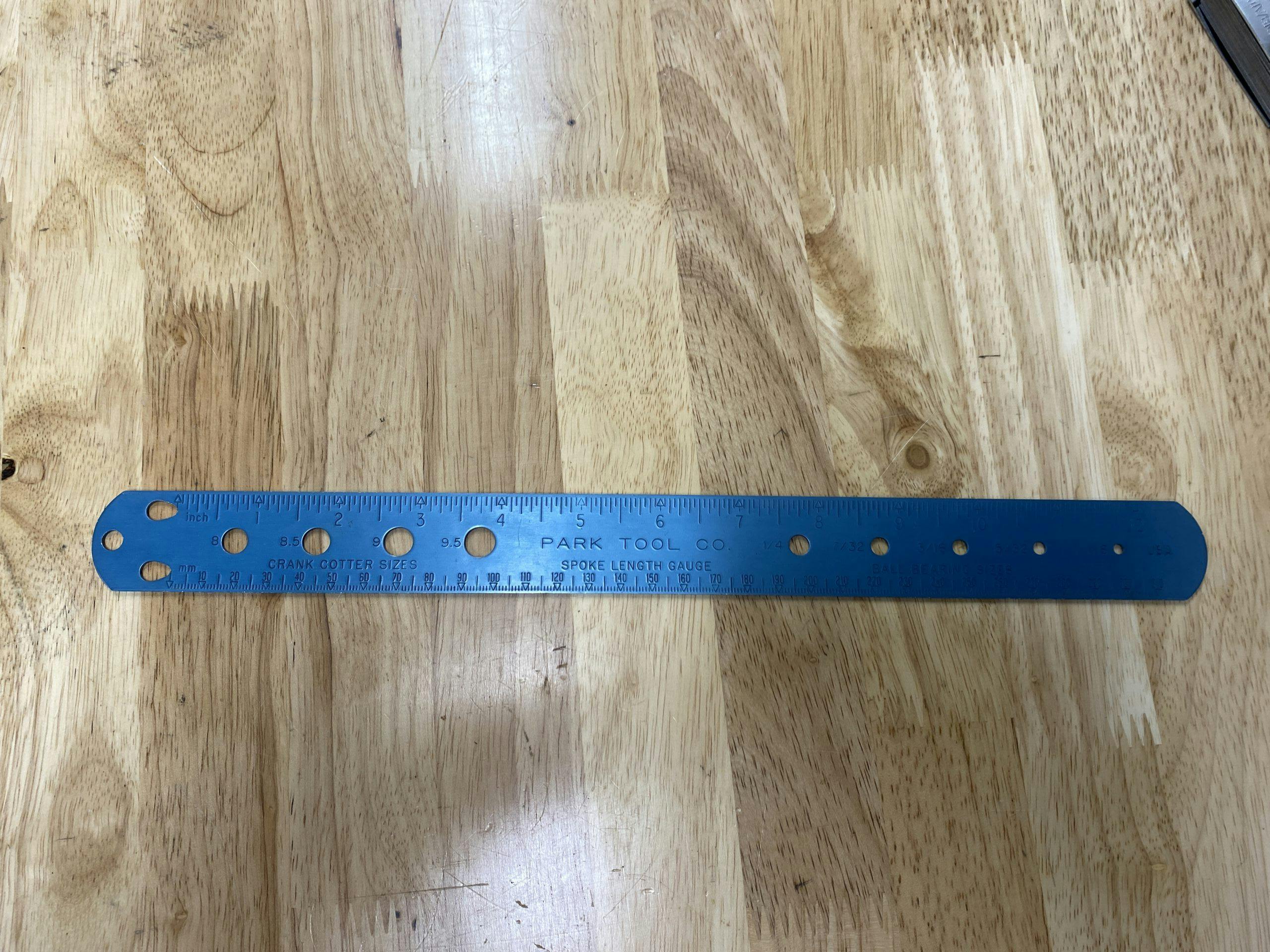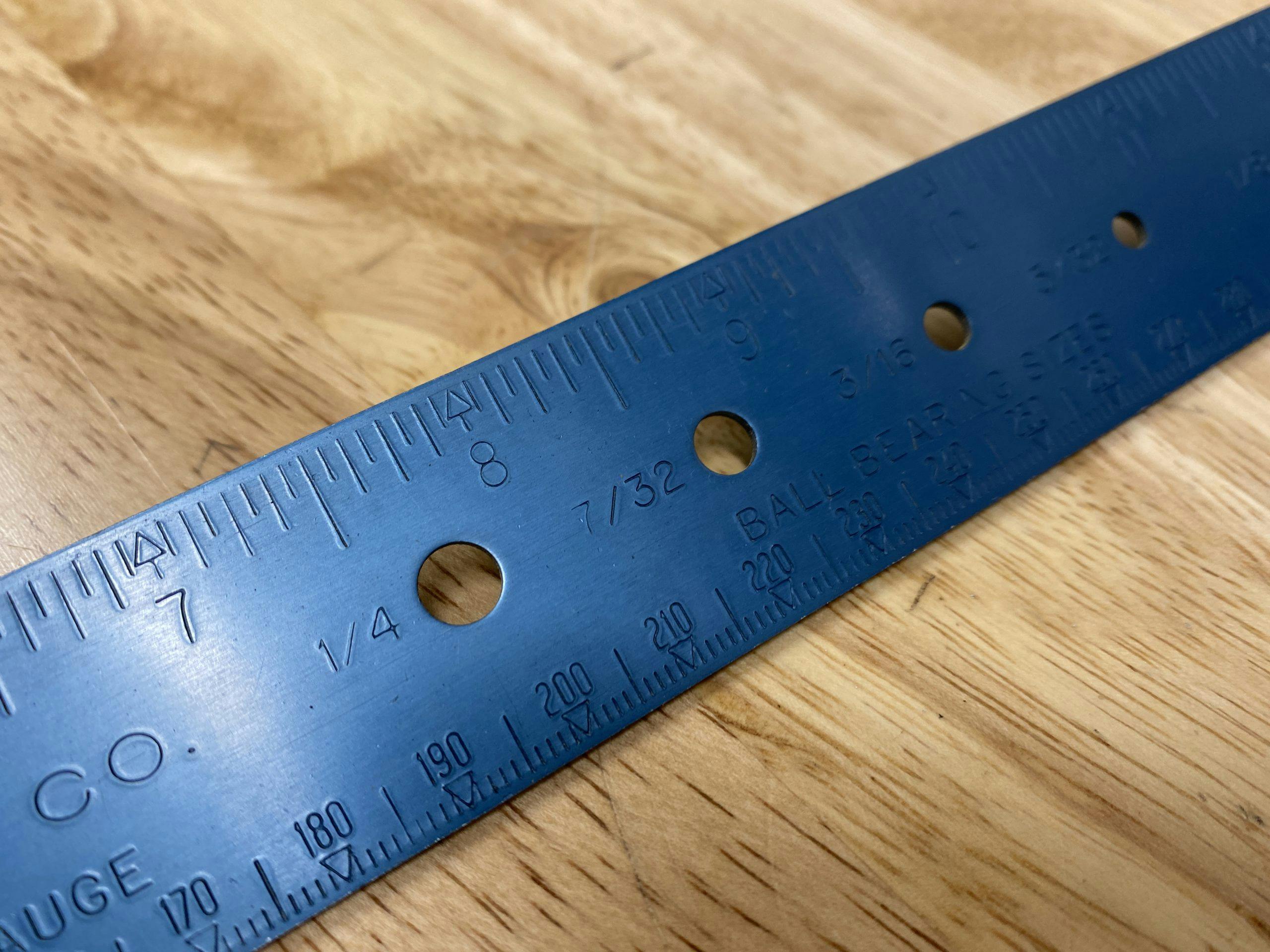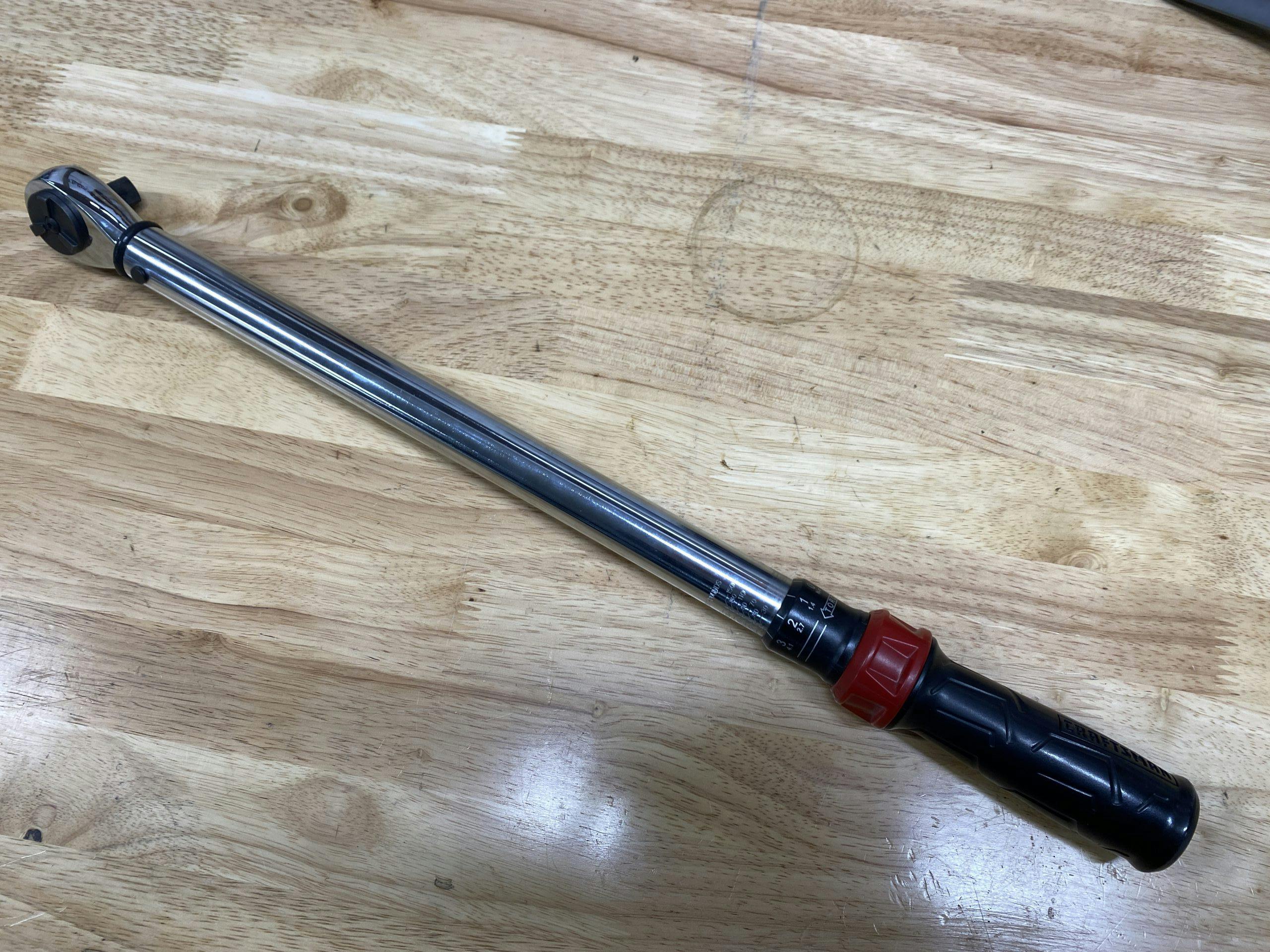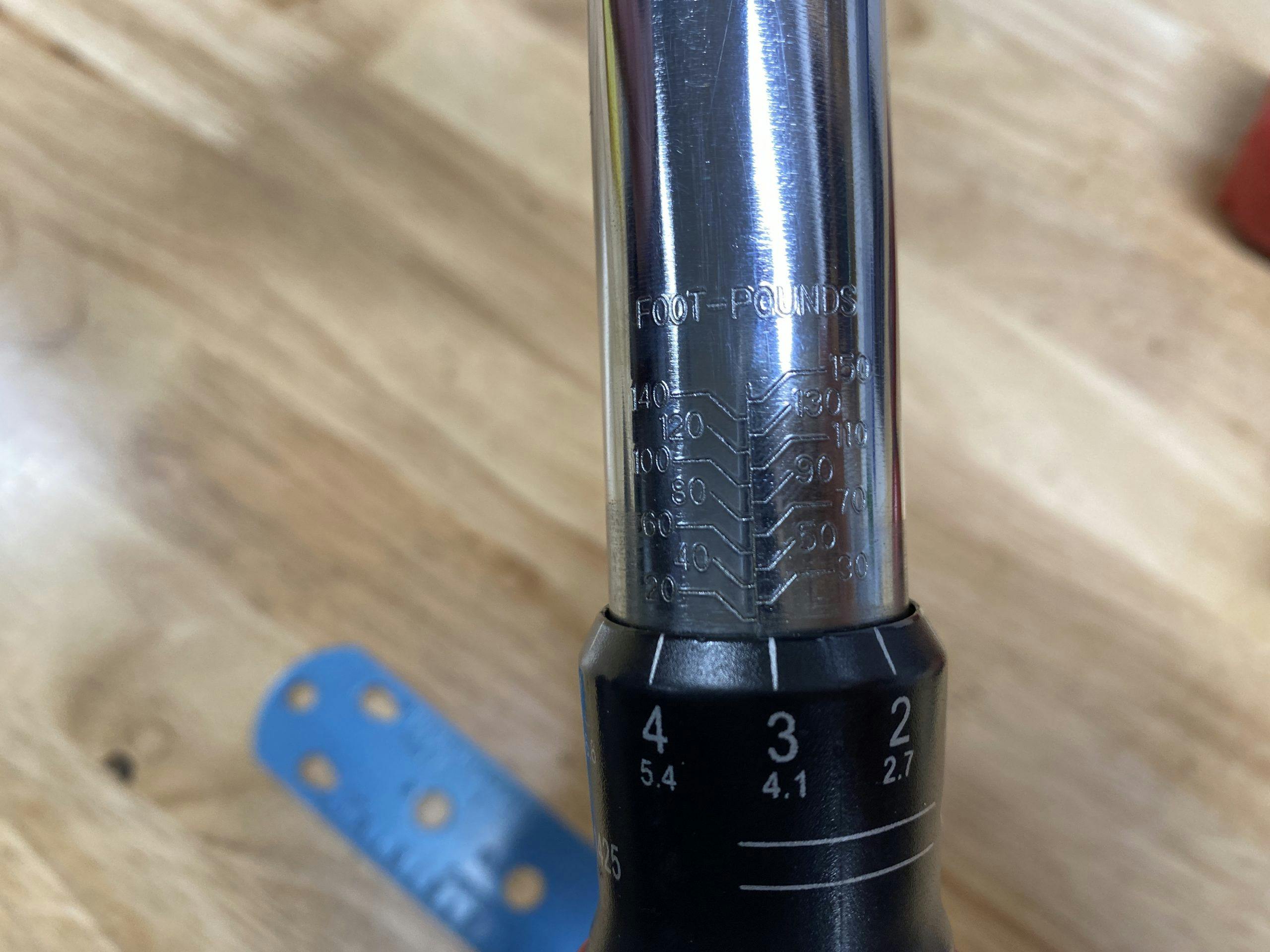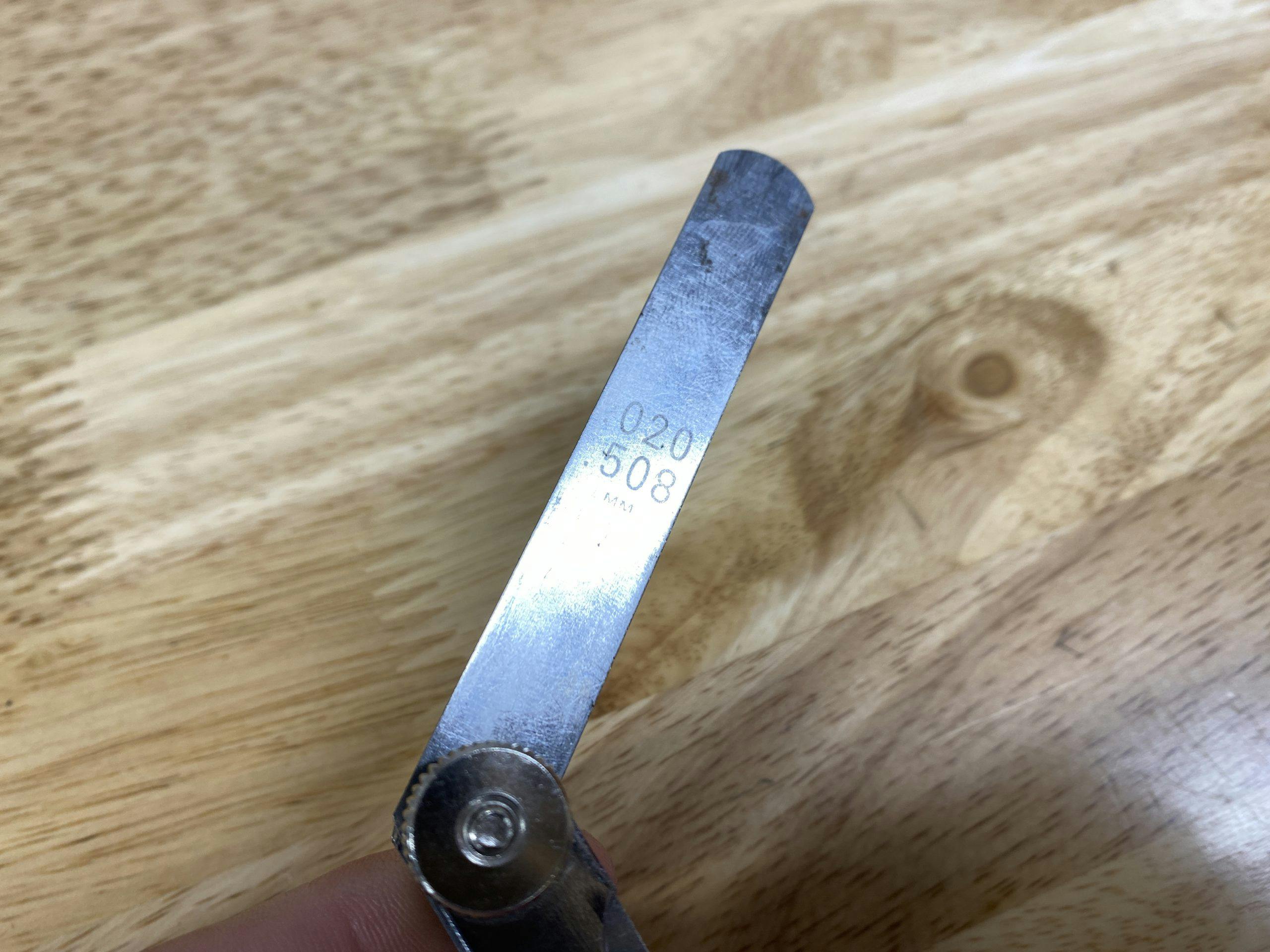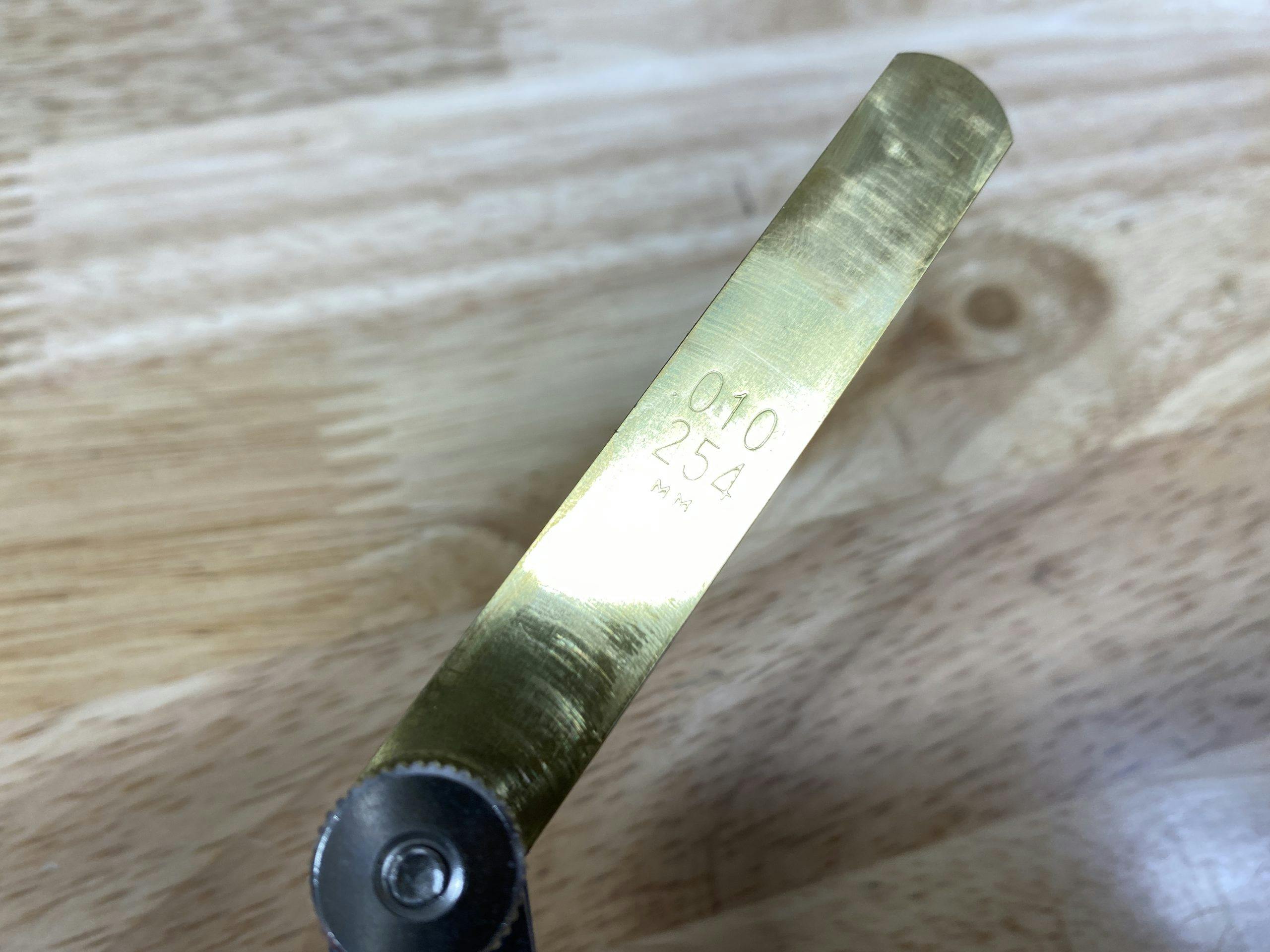6 measuring tools you need in your garage
Measuring tools are the unsung heroes of most toolboxes, despite any jokes you’ve heard about how “real mechanics don’t use those.” Fact is, precision matters when doing things the right way and building something that will last. Whether fabricating from raw materials or making adjustments to an already assembled engine, here are six tools just about every home DIY enthusiast should have in their toolbox drawers.
Tape measure
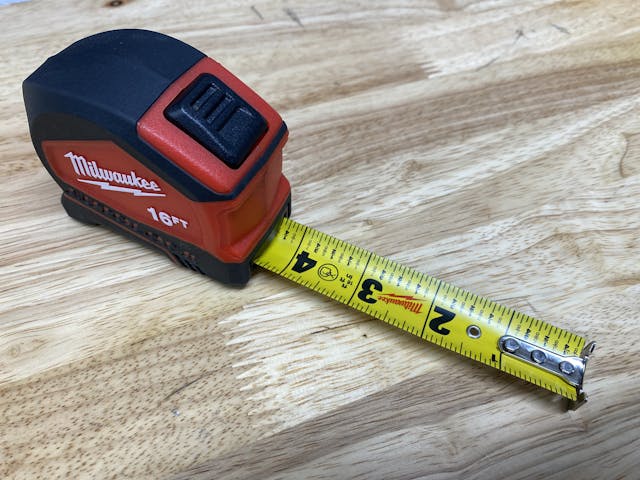
Obvious? Yes. Useful? Also yes. A tape measure stores up tidy and can give both long and short measurements with reasonable accuracy. It’s not perfect, but for an easy tool to help fabricate something from scratch or align your front axle, a tape measure can’t be beat. It’s a staple of almost every toolbox for a reason.
Digital calipers
The tape measure is operating on the macro scale, but there are times when high-precision measurement on the micro scale is needed. For those situations, digital calipers are the go-to. Buying a set of calipers is a bit like buying a car, with budget-friendly options that might lack a few features priced below high-end, hyper-accurate models with all the bells and whistles. Personally, I feel that a budget set is often plenty for most home users.
Even affordable versions are accurate enough to assess go/no-go situations or when it might make sense to talk to an expert like a machine shop. Such a place will have tools with higher accuracy, if that’s what you need. I keep a cheap set around, and if I am questioning whether it is accurate enough for the job at hand, I typically load up the parts in the truck and head for the machine shop or a friend’s garage who has more accurate tools and greater experience. Eventually I will have the knowledge to justify spending the money on a higher-quality piece of kit, and by then I’ll hopefully have the expertise to handle the tool properly without damaging it. High-quality calipers don’t come cheap, and I’d rather end up damaging a cheap set while learning.
Metal ruler
This is one of my favorite items in my garage lately. A nice metal ruler has a few helpful uses beyond the obvious one. Specifically, a good one will be nice and true along its measuring edge, which allows for speccing if things are flat. A ruler is not a replacement for a machinist parallel, but much like the cheap calipers above, is often good enough to know if you are in the ballpark.
This blue aluminum version is from Park Tool, which mainly focuses its marketing efforts on cyclists. One nice feature it has are the precision-sized holes drilled down the centerline, meant for measuring ball bearings. Given the aluminum construction, I do have to handle it with care, but that goes for any precision tool in your garage.
Torque wrench
Everything we’ve discussed thus far has been meant for measuring distance, but working on cars is not one-dimensional. Assembly manuals call for precision tension on fasteners, and the most common way of doing that on vintage cars is by using a torque wrench. Essentially, this is a tool that measures the amount of twisting force—usually measured in pound-feet or Newton-meters—being placed on a bolt or nut, for example.
If newer vehicles are more your speed, you should look into purchasing a torque wrench that also includes the angle feature, as newer production engines are often now spec’d with fasteners that are torque plus angle, meaning tighten to a set torque measurement and then tighten an additional number of degrees rotation. This is a more accurate measurement of the stretch of a bolt or stud since the thread angle is known, and therefore the exact amount of stretch is calculable down to each degree of rotation past the fastener’s initial tension.
Feeler gauges
This is pretty far down the specialty rabbit hole, but there is no substitute for the proper tool in situations when you need feeler gauges. These are precision-thickness pieces of steel, designed measure the space between two objects, and are most commonly used for setting valve lash and point gap. In fact, a nice set of feeler gauges will have a brass 0.010-inch-thick piece in the feather stack specifically for adjusting certain ignition systems where magnetism can be damaging to the system or otherwise interfere with the measurement.
Multimeter

The final measurement base to cover is on the electrical side of things. Luckily, there is one tool to veritably do-it-all on this front: the multimeter. Check voltage, resistance, and continuity all with one hand-held tool. Much like the vernier calipers above, start with a budget version and upgrade to nicer unit when needed. The “cheap” one can then be downgraded to a road trip tool, and it will likely be something you’d more willingly subject to the knocks of being stored in your trunk.
Happy measuring!

